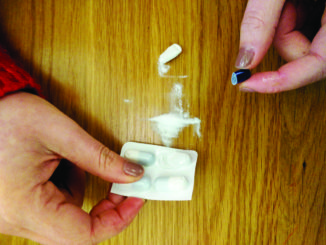
[dropcap]A[/dropcap]lmost a quarter of a million people in Ireland have precarious employment contracts according to the Workplace Relations Commission (WRC).
Oonagh Buckley, Director General of the WRC, said on Newstalk’s On The Record that there are cases of foreign nationals working in “vulnerable situations”, but that it was not just limited to asylum seekers.
She made reference to the “gig-economy”, whereby 200,000 people have precarious employment contracts.
A Supreme Court ruling formally struck down a ban which prevented asylum seekers from working in Ireland on February 9th of this year.
The five judge court unanimously agreed that the ban was unconstitutional “in principle” last May. The cabinet agreed to lift the ban last November in line with a European directive.
Minister for Justice Charlie Flanagan announced the Government’s proposals to address the situation, but they were met with criticism from migrant rights groups as being too restrictive.
The proposals are such that applicants must secure a job that pays a salary of at least €30,000 and that cannot otherwise be filled by an EU citizen, or a person with full migration permission in Ireland.
Applicants will also have to pay up to €1,000 for an employment permit and are unable to apply for jobs in more than 60 different areas.
Students going on placement need to be aware of these working conditions to be able to recognise them and in turn avoid them.
About 1,000 DCU students partake in INTRA placements every year. This caters for 32 degree courses with an INTRA component which requires students to undertake a specific period. One of the conditions for students is that they must accept the first placement that is offered.
Christine Farrell, INTRA Officer for DCU SU, said that although businesses are encouraged to offer paid internships, there are students who often will not be fortunate to avail of this opportunity.
“I think student teachers and nurses are those who may experience the most amount of inconvenience, considering the amount of work that they do. Their travel costs or materials, which can prove to be quite expensive are more often than not, not covered,” she said.
Members of staff within the INTRA unit were contacted but were not available for comment.
Catherine Gallagher
Image Credit: Alison Clair



